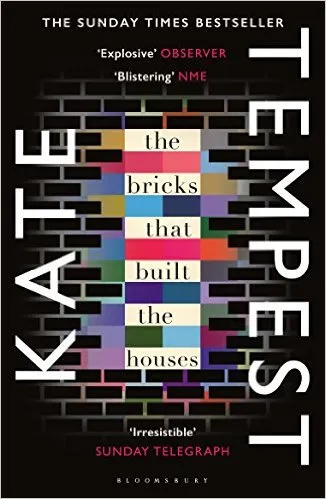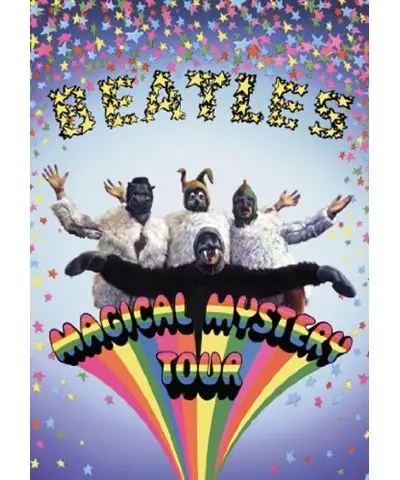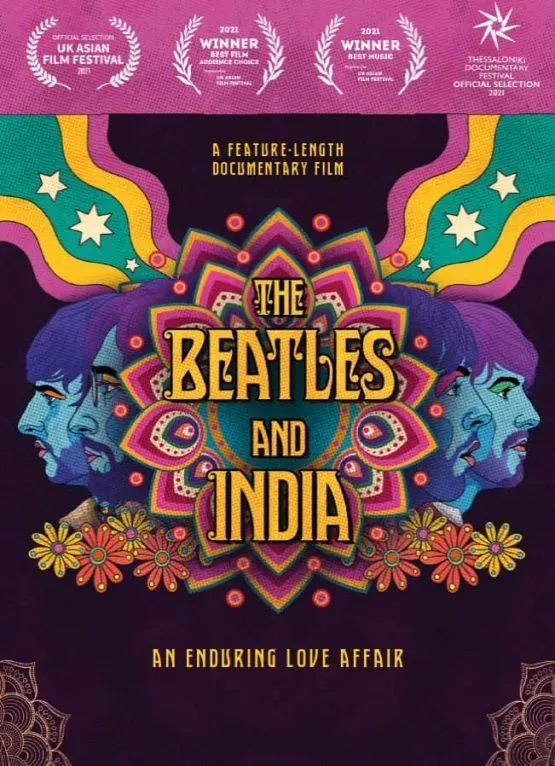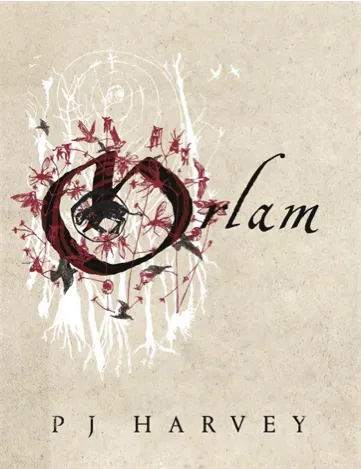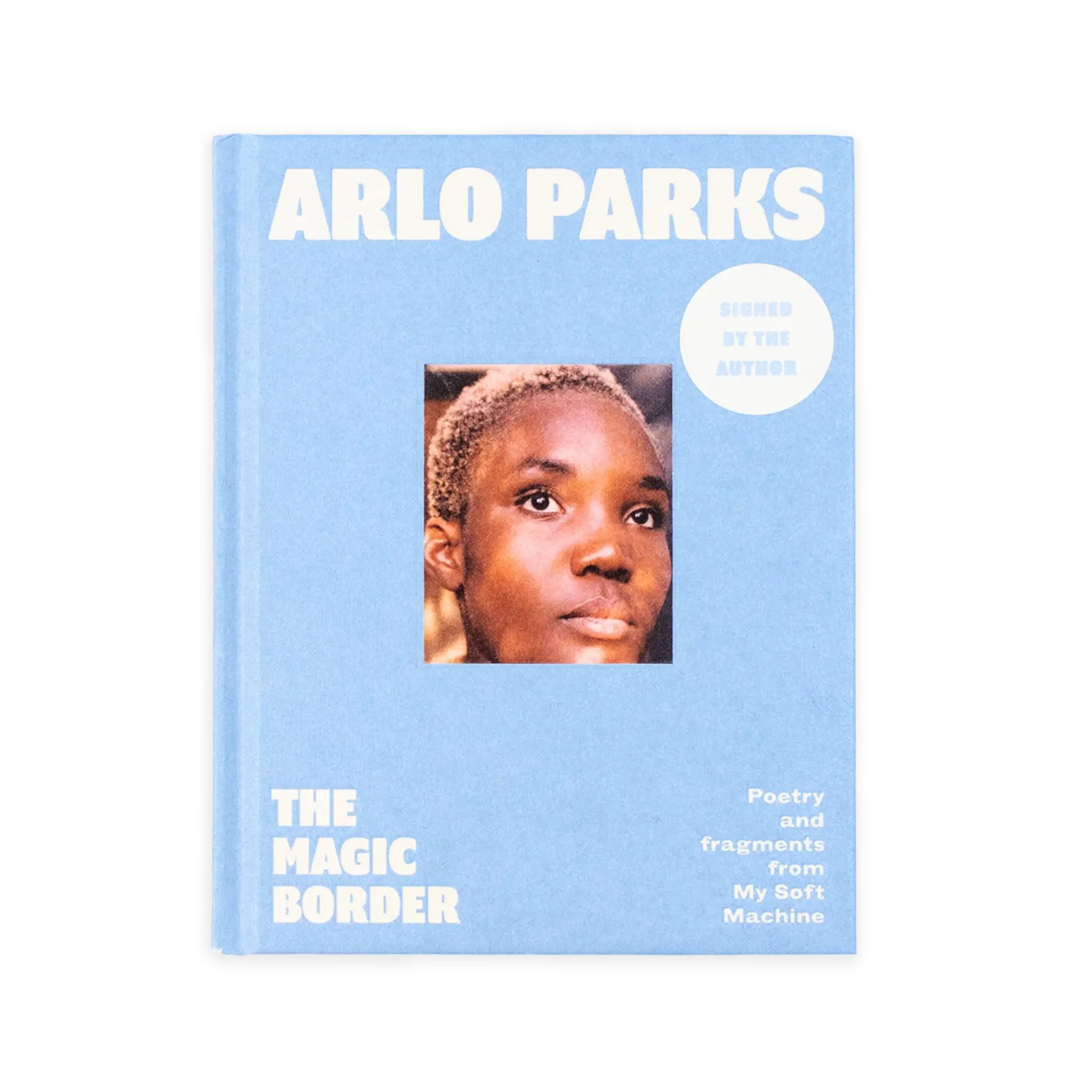
Interview Brontide: “You have to go too far”
As Brontide unveil their new album ‘Artery’, they also reveal a little more of their human side.
From the outside, Brontide may well look like a mechanical beast. Having built their name up from the technical, intricate workings of their 2011 debut record ‘Sans Souci’ and their blistering live shows, this was a trio who were suckers for perfection. Practicing every note, loop, sound until it was crafted deliberately and flawlessly, nothing was out of place on that first album. Walls of sound, claps of thunderous drums, it was a real statement of intent.
“I certainly think the first record…” drummer William Bowerman begins. “Every beat and every note and every interlude was written pre-album, pre-studio sessions but with this one, we didn’t have complete songs when we went into the studio to finish it.” For their second, ‘Artery’, following three years after their first offering’s release, the band followed a different, more natural approach. They wanted to show what pumped through their veins. “There was a lot more experimentation, and I think it’s come out better because of it.”
Granted, their newfound approach to recording was in-part determined by their current lives. No longer as free to roam the road and play shows on their every whim, the band now have their own personal responsibilities. Whilst Will spends a good chunk of his time touring alongside the likes of La Roux and Summer Camp, bassist Nathan Fairweather mostly resides in Rolo Tomassi and guitarist Tim Hancock teaches. Unsurprisingly, that makes getting together that little bit more of a challenge, but they’re always on the same page when they do.
“We’re such close friends,” assures Will. “We’re absolute friends, so everything that we like and enjoy now, compared to then, we all learned and discovered together in a way. We all agreed that we wanted to start adding more electronics to the record. We agreed that we didn’t really want it to be as heavy, and that we wanted to stop overplaying. We did a lot of it, and that was the style of the first record: to play as much as we could, and we had all agreed that we didn’t want to do that so much either.
“The fundamentals of the record of what the record was going to be, we all agreed on, and then we would all bring things in separately. Tim would bring in ideas and we would play with it to make it fit the new spec, as it were. We were all on the same page. There were a few ideas where we thought, ‘Maybe not for this record, maybe for the next record because it might be a bit out there.’ I think you have to do all that; you have to go too far, and you have to not go far enough to be able to meet in the middle and work out where to put it in that, as they say, ‘difficult second record’.”
Was it a ‘difficult second album’, then? Will pauses. “No, not really. It was difficult for us to all get together,” he explains. “With about three songs on the record, we had never played them in the same room before we went into the studio. It wasn’t like the first one where we got to tour it and play the songs out, work out what works and what doesn’t. Nathan’s bass lines were written after me and Tim had tracked our parts for the record basically. It was all very...
“I think we were all in the studio together at the same time once, for one day, during the whole record. That was tough, because we didn’t get into the headspace of being a band making something, but in a way, I think in a way that’s helped the record. It’s kinda made it feel a bit more polished, a bit more produced, more of a piece of art, as opposed to just a recording of a band playing. I think for a band of a genre and a band of our scene, I think that’s quite an interesting thing to do, personally.”
With their conscious decision to move away from the heavier end of the musical spectrum, their new album found its feet. Whilst there’s still the same intricacy of their previous work, the instruments are also afforded the proper space to breathe. It’s something that really heightens the emotions lying beneath the surface. “I think that was completely intentional,” the drummer confirms, with an example to boot. “We listen to a lot of pop music and it’s not always about what’s going on: it’s about what each part does.
“My absolute perfect example of this - and it’s gonna sound ridiculous me saying it - is ‘Toxic’ by Britney Spears. Listening to that song, each part jumps out, does its bit, then disappears: the string part, then it’s the vocal part, the string part, then it’s the hook. Each part, just one part, comes in at a time and you forget about the rest and only one thing needs to be playing for you to be smiling at that point. We kinda tried to take that mentality to it. We knew that if Nathan had a bass line that he needed to play that was quite complicated, that me and Tim were going to strip back and play the bare minimum at that point. The space, I think, it’s more impactful.”
There’s something else that provides the band with a challenge. “Without the singing…” he offers, delving into their attempts at provoking emotion. “With songs, you’re told what to think about. It’s like, ‘this is a song about this, this is a song about this’. With us being instrumental, we try to evoke the feeling that we want to get across like that. These songs are written about things; they are written at times when things have happened. We want to try and get the emotion about what we have felt in that situation, but put it into sounds, and not words. If people can take from that and people can feel from that what they will and feel a certain way listening, we’ve done what we’ve set out to achieve. It’s the most important thing as far as this record goes.”
Stripping back elements of the songs didn’t, however, deny them of any experimenting. While their first album thrived on the idea of adding more and more, ‘Artery’ provided the band with the opportunity to tread completely new ground. “We experimented a lot with the sampling on this record. There’s some quite obscure samplings used that you may not expect a band of our genre to play with, but we experimented. There were some times when we had no idea how one song was going to join to another. One of my personal favourite bits on the record is joining the song ‘Knives’ into the song ‘Still Life’, which is a section just drums and guitar. Me and Tim, our guitarist, did it on the fly in one take and we just made it up on the spot. We thought, ‘Do you know what? That’s got exactly the right emotion that we need and it fits in just fine so let’s do that.’ We used it as one take. We’ve never done that before. That was really thrilling and really exciting.”
If anything, the band spend ‘Artery’ not only demonstrating their mechanical precision and perfected talents, they open up a little more of themselves for their audience to catch a glimpse. “The album finishes with bird sounds,” concludes Will. “As cheesy as it sounds, it ends with bird sounds. That’s because we wanted to try and portray the feeling of when we made the album. It was this time last year, the weather was beautiful and we were basically at a farm, full of sheep and birds and animals and no cars anywhere. It was the most peaceful, tranquil, inspiring place that we’ve ever worked in and we really tried to get some of that energy onto the record. That kind of carefree peacefulness. Although it can be a heavy record, I’d like people to come out of feeling as though they’re getting that feeling across. Hopefully, they’ll get the feeling we had when we were making the album.”
Taken from the new DIY Weekly, available to download for iPhone, iPad and Android or read online now. Brontide’s new album ‘Artery’ is out now via Pink Mist / Holy Roar Records.
Read More
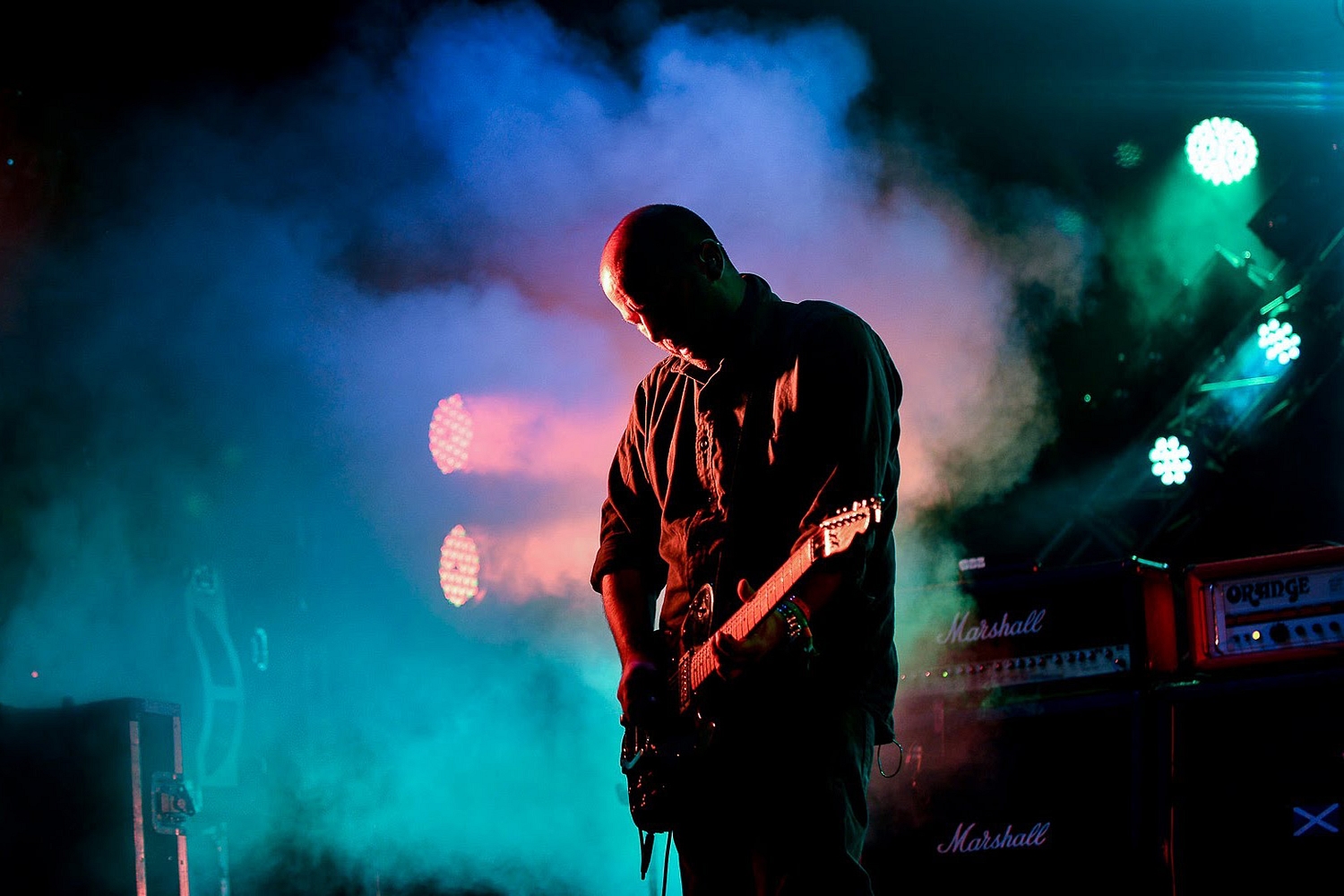
Mogwai, Show Me The Body, Explosions In The Sky to play 2024’s ArcTanGent festival
They'll join the likes of Three Trapped Tigers, Meshuggah and more at the Bristol event this August.
25th January 2024, 4:19pm
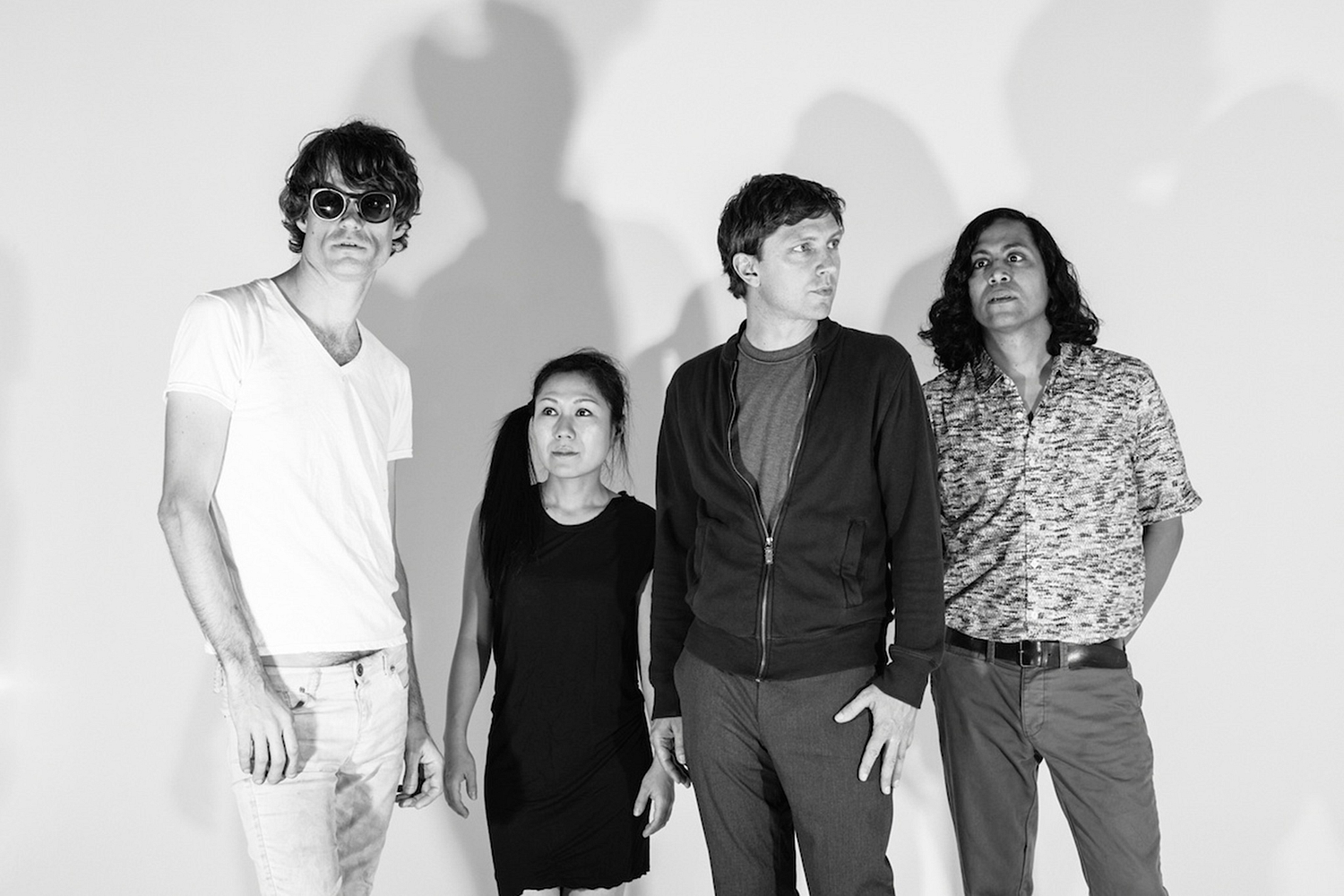
Deerhoof, Blanck Mass, Brontide added to ArcTanGent 2015
Acts join previously announced headliners Deafheaven and The Dillinger Escape Plan.
5th March 2015, 12:00am

Brontide and Rolo Tomassi plot short October UK tour
The two bands will play three dates together next month, in Nottingham, Norwich and Brighton.
12th September 2014, 12:00am

New DIY Weekly feat. How To Dress Well, Brontide, Royal Blood and more out now
Get the latest issue of our free weekly digital magazine now for iPhone, iPad, Android and online.
30th June 2014, 12:00am
Featuring SOFT PLAY, Corinne Bailey Rae, 86TVs, English Teacher and more!
